Perspectives
Recent articles
Expert opinions on trends and controversies in neuroscience
Systems and circuit neuroscience need an evolutionary perspective
To identify fundamental neuroscientific principles that generalize across species, neuroscientists must frame their research through an evolutionary lens.
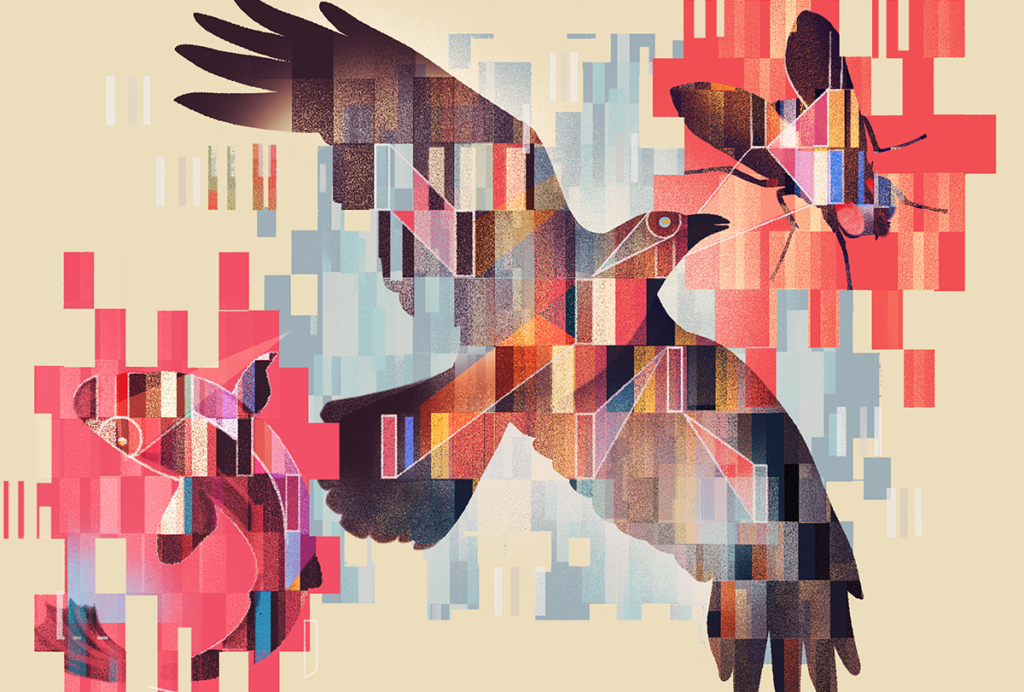
Systems and circuit neuroscience need an evolutionary perspective
To identify fundamental neuroscientific principles that generalize across species, neuroscientists must frame their research through an evolutionary lens.
Fear and loathing on study section: Reviewing grant proposals while the system is burning
As grants are canceled, delayed and subject to general uncertainty, participating in study sections can feel futile. But it’s more important than ever.
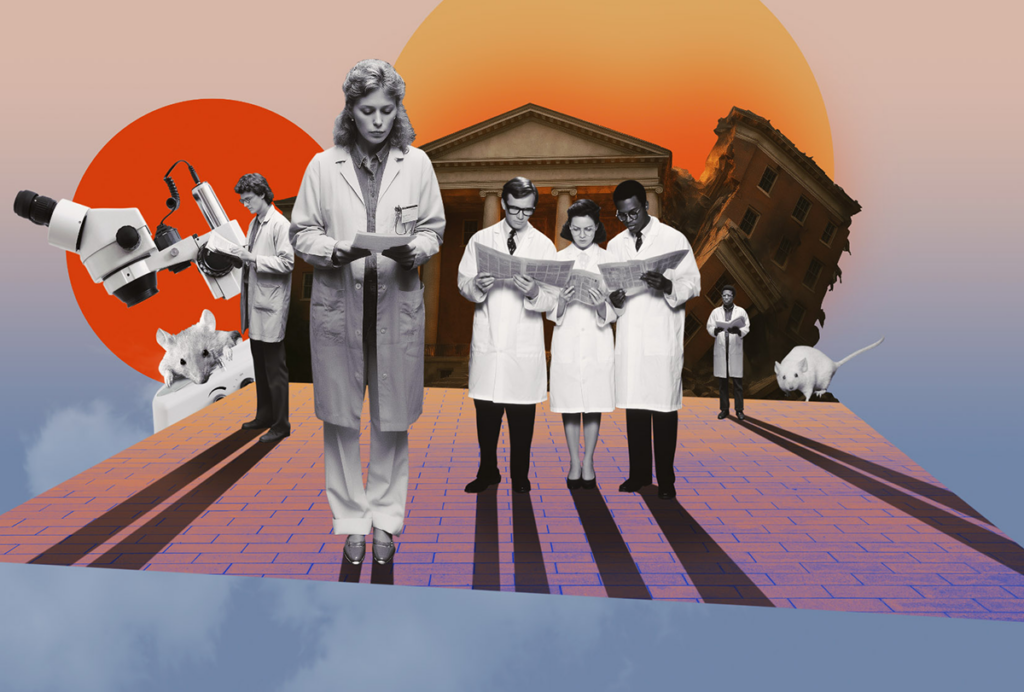
Fear and loathing on study section: Reviewing grant proposals while the system is burning
As grants are canceled, delayed and subject to general uncertainty, participating in study sections can feel futile. But it’s more important than ever.
Perspectives from the field: Opinions in autism research
This collection of Spectrum articles from the past 12 months highlights expert perspectives on autism’s heritability and its link to biological sex, the value of transdiagnostic frameworks, and the field’s future, among other topics.
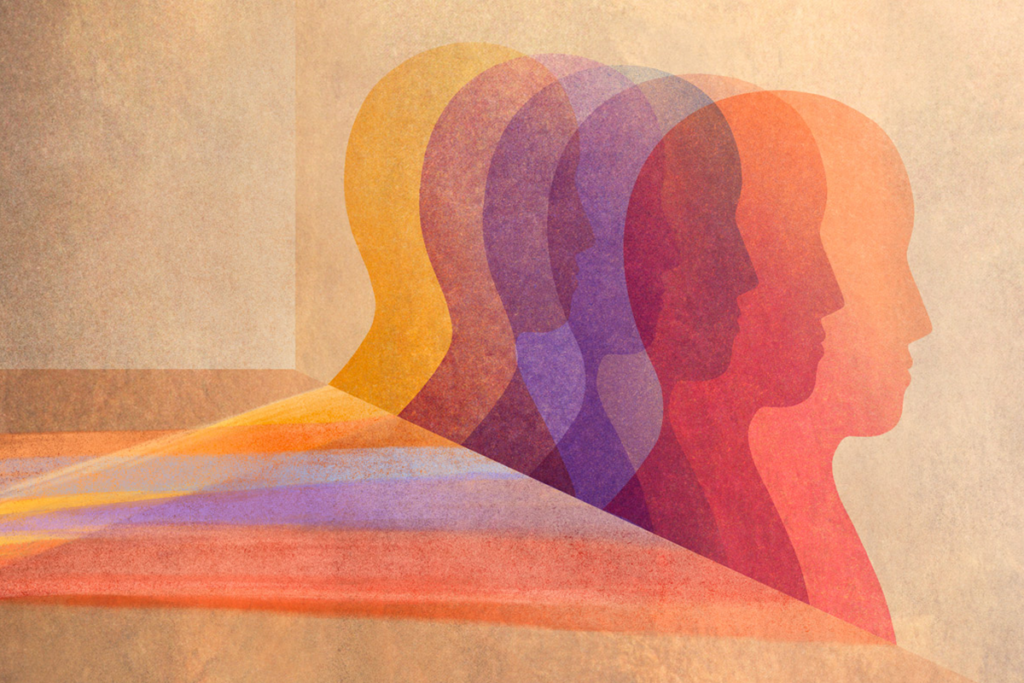
Perspectives from the field: Opinions in autism research
This collection of Spectrum articles from the past 12 months highlights expert perspectives on autism’s heritability and its link to biological sex, the value of transdiagnostic frameworks, and the field’s future, among other topics.
Neuroscience’s open-data revolution is just getting started
Data reuse represents an opportunity to accelerate the pace of science, reduce costs and increase the value of our collective research investments. New tools that make open data easier to use—and new pressures, including funding cuts—may increase uptake.
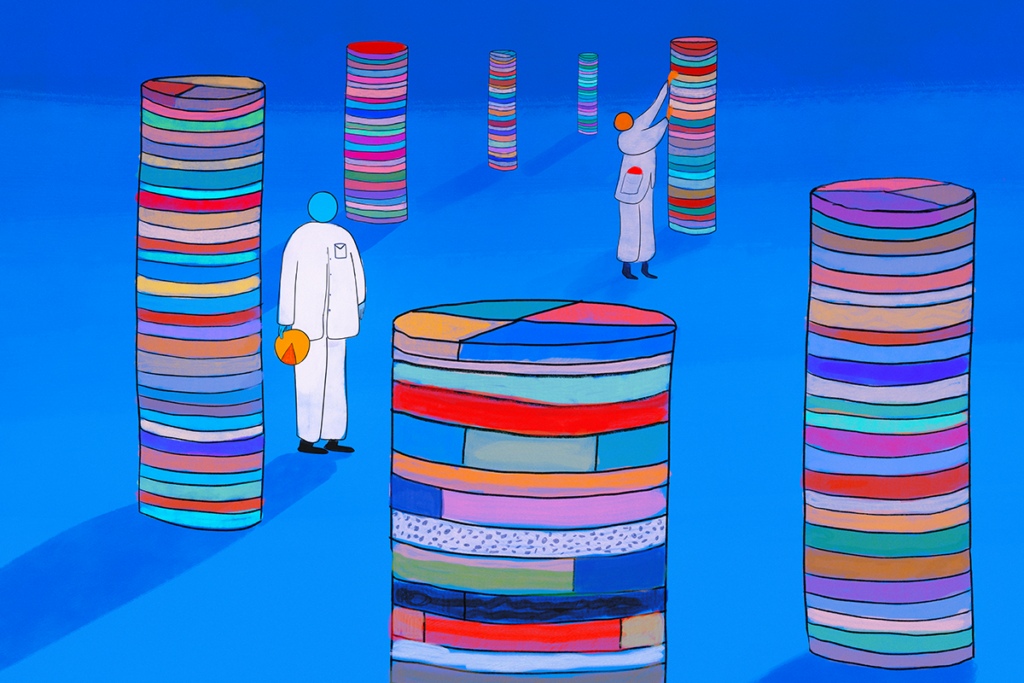
Neuroscience’s open-data revolution is just getting started
Data reuse represents an opportunity to accelerate the pace of science, reduce costs and increase the value of our collective research investments. New tools that make open data easier to use—and new pressures, including funding cuts—may increase uptake.
How to teach this paper: ‘Neurotoxic reactive astrocytes are induced by activated microglia,’ by Liddelow et al. (2017)
Shane Liddelow and his collaborators identified the factors that transform astrocytes from their helpful to harmful form. Their work is a great choice if you want to teach students about glial cell types, cell culture, gene expression or protein measurement.
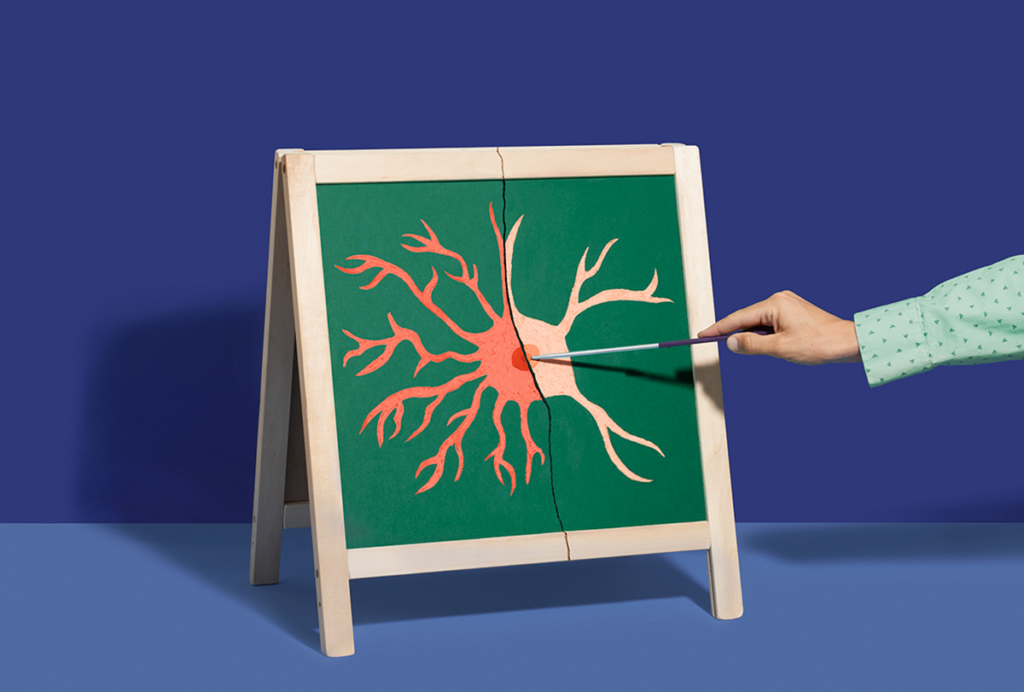
How to teach this paper: ‘Neurotoxic reactive astrocytes are induced by activated microglia,’ by Liddelow et al. (2017)
Shane Liddelow and his collaborators identified the factors that transform astrocytes from their helpful to harmful form. Their work is a great choice if you want to teach students about glial cell types, cell culture, gene expression or protein measurement.
Many students want to learn to use artificial intelligence responsibly. But their professors are struggling to meet that need.
Effectively teaching students how to employ AI in their writing assignments requires clear guidelines—and detailed, case-specific examples.

Many students want to learn to use artificial intelligence responsibly. But their professors are struggling to meet that need.
Effectively teaching students how to employ AI in their writing assignments requires clear guidelines—and detailed, case-specific examples.
This paper changed my life: Bradley Dickerson on how a 1940s fly neuroanatomy paper influences his research to this day
This classic paper by zoologist John Pringle describes the haltere—a small structure in flies that plays a crucial role in flight control. It taught me to think about circuits and behavior as greater than the sum of their parts.
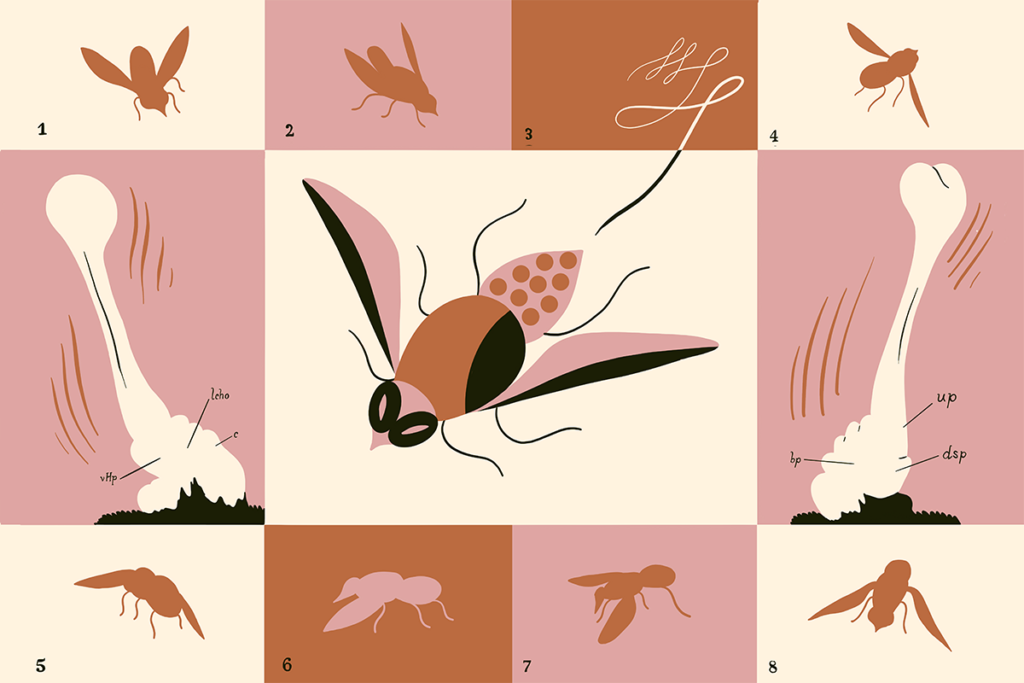
This paper changed my life: Bradley Dickerson on how a 1940s fly neuroanatomy paper influences his research to this day
This classic paper by zoologist John Pringle describes the haltere—a small structure in flies that plays a crucial role in flight control. It taught me to think about circuits and behavior as greater than the sum of their parts.
Everything, everywhere, all at once: Inside the chaos of Alzheimer’s disease
To truly understand Alzheimer’s disease, we may need to take a systems approach, in which inflammation, vascular injury, impaired glucose metabolism and other factors interact in complex ways.
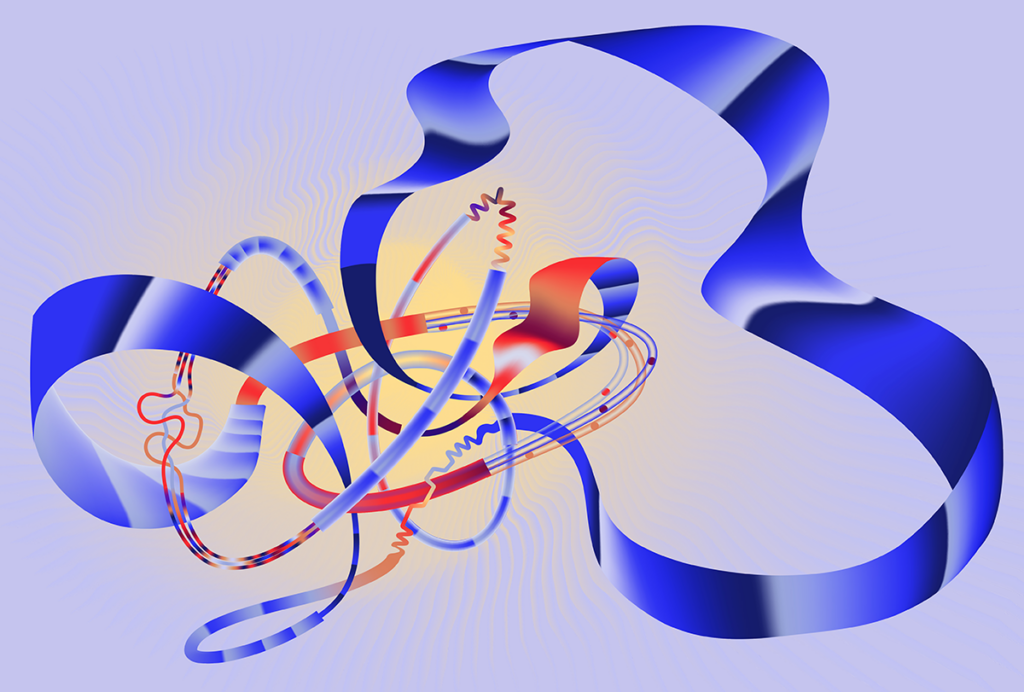
Everything, everywhere, all at once: Inside the chaos of Alzheimer’s disease
To truly understand Alzheimer’s disease, we may need to take a systems approach, in which inflammation, vascular injury, impaired glucose metabolism and other factors interact in complex ways.
On the importance of reading (just not too much)
The real fun of being a neuroscientist, and maybe the key to asking and answering new questions, is to think big and take intellectual risks.
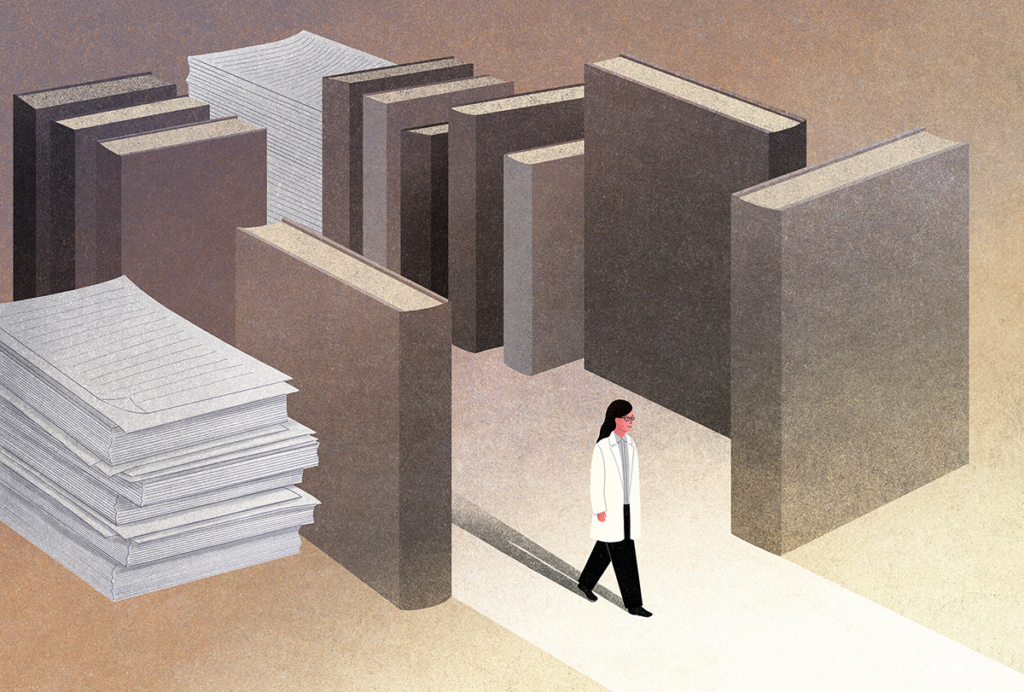
On the importance of reading (just not too much)
The real fun of being a neuroscientist, and maybe the key to asking and answering new questions, is to think big and take intellectual risks.
Rethinking how neural activity sculpts critical periods
New findings on the role of neural activity in developing circuits are challenging our prior notions about the rules that govern critical periods.
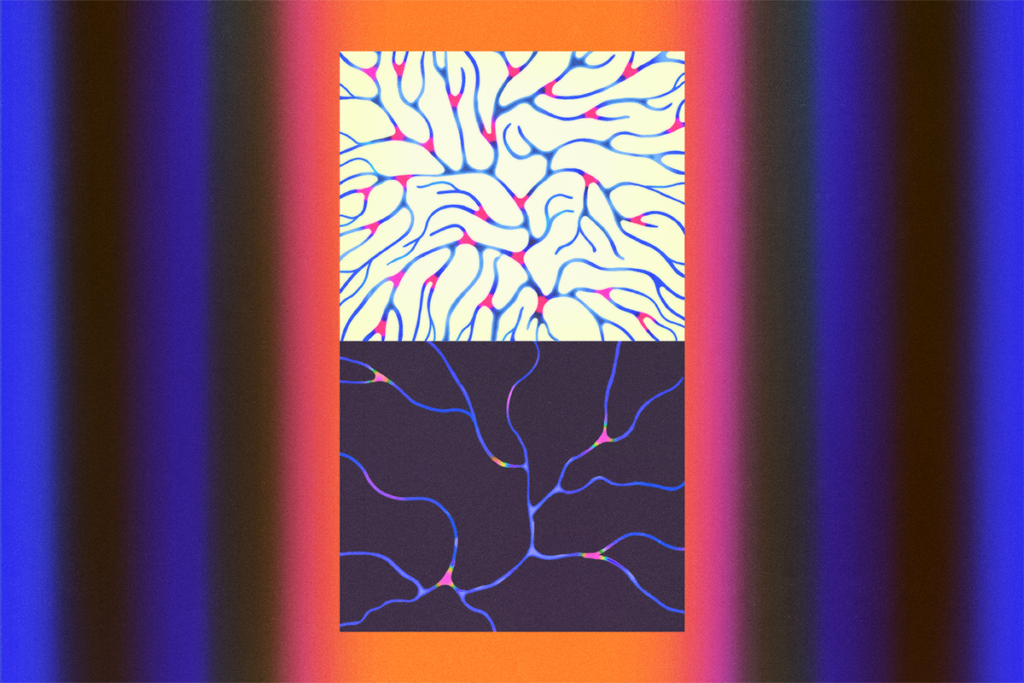
Rethinking how neural activity sculpts critical periods
New findings on the role of neural activity in developing circuits are challenging our prior notions about the rules that govern critical periods.
Explore more from The Transmitter
Keith Hengen and Woodrow Shew explore criticality and cognition
The two discuss their evolving views of brain criticality as a central organizing principle of cognition, development and learning.
Keith Hengen and Woodrow Shew explore criticality and cognition
The two discuss their evolving views of brain criticality as a central organizing principle of cognition, development and learning.
NIH proposal sows concerns over future of animal research, unnecessary costs
The new NIH policy calls for greater incorporation of new approach methodologies in all future Notices of Funding Opportunities related to animal model systems.
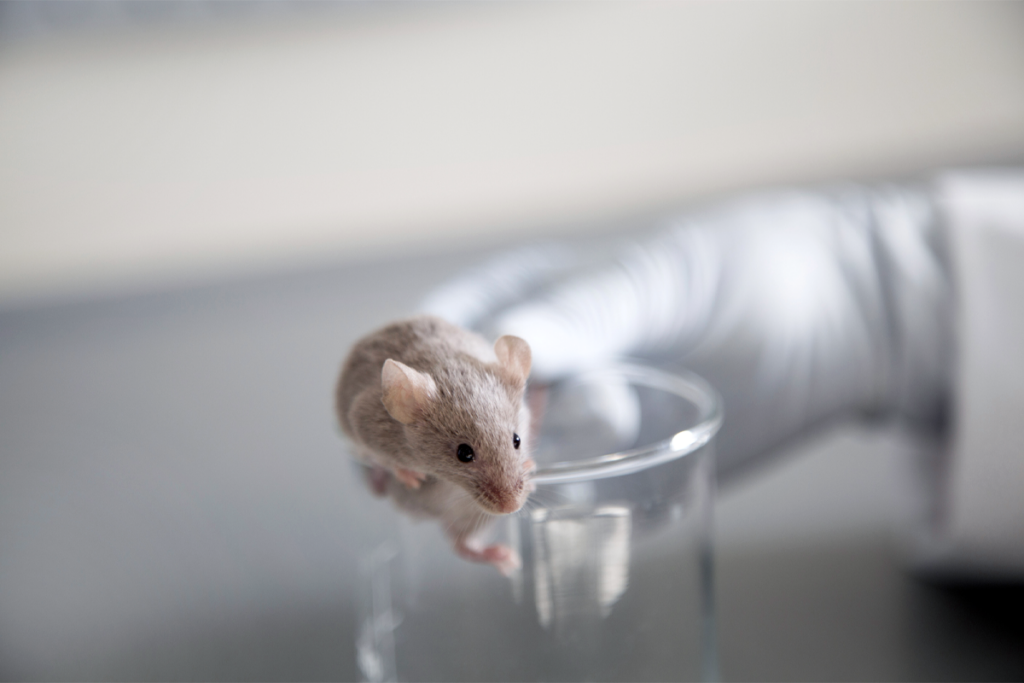
NIH proposal sows concerns over future of animal research, unnecessary costs
The new NIH policy calls for greater incorporation of new approach methodologies in all future Notices of Funding Opportunities related to animal model systems.
Altered transcription in dup15q syndrome; and more
Here is a roundup of autism-related news and research spotted around the web for the week of 14 July.
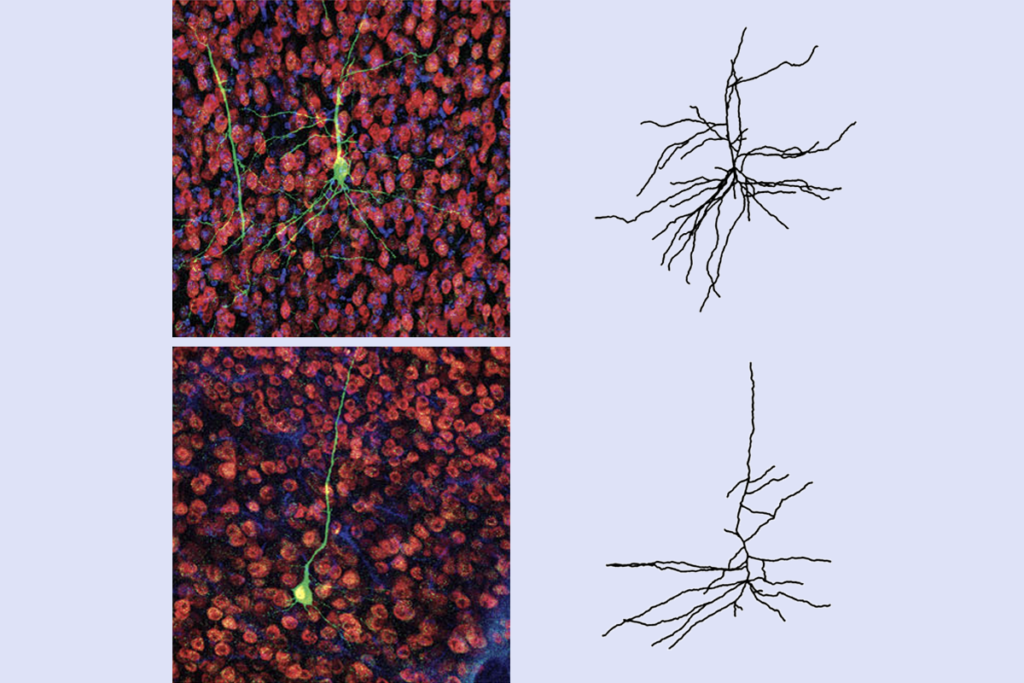
Altered transcription in dup15q syndrome; and more
Here is a roundup of autism-related news and research spotted around the web for the week of 14 July.